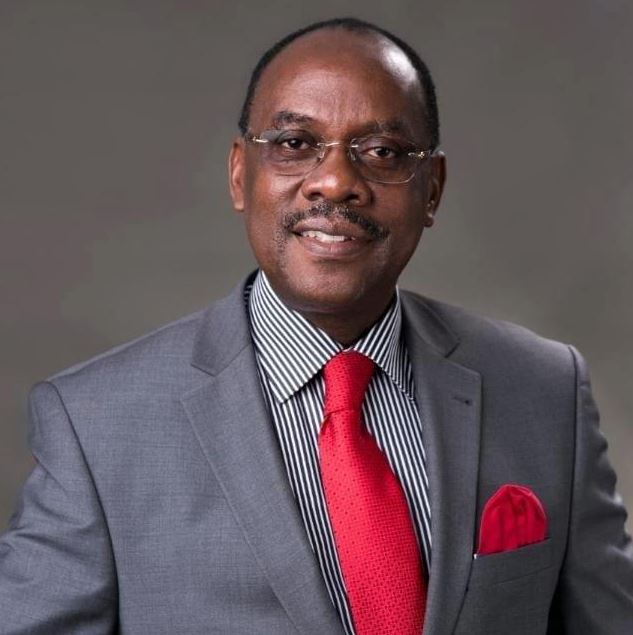×
The Standard e-Paper
Join Thousands Daily

After braving an arduous 2019 when their sweat was scorned with paltry amounts in royalties, musicians are looking to the year 2020 with hope and are anticipating better rewards.
An ongoing system amalgamation, President Uhuru Kenyatta’s directive to broadcasters and greater push for musicians get involved, in a big way, in major decisions regarding royalties may just see them laughing all the way to the bank.